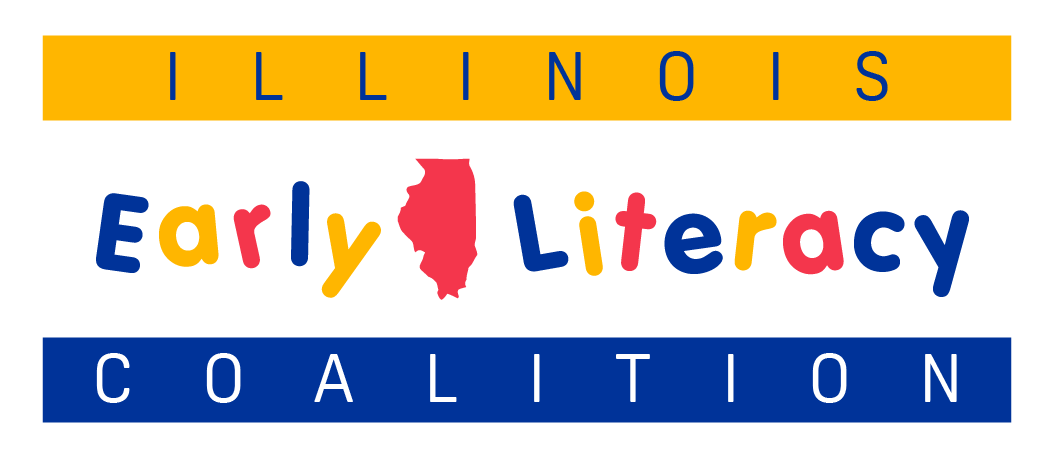For Parents and Educators
The “Simple View of Reading” says reading comprehension is the product of the words you can decode times the language you understand:
Reading with children – surrounding them with culturally relevant books, complex language and vocabulary, background knowledge, and a love of reading – is critically important for the language comprehension part of this equation.
Systematic phonics and phonemic awareness instruction, to link sounds, letters, and meaning, is essential for the other part of the equation: word recognition. When early readers receive sequential and explicit phonics instruction, their decoding skills become increasingly automatic so they can focus their brain power on comprehension.
Below are some resources parents and educators might find helpful:
-
This glossary explains many commonly used terms in the world of early literacy.
This Emily Hanford podcast, Hard Words, is one of a three-part documentary that discusses some differences between evidence-based instructional practices and the curriculum in most classrooms today. Her literacy podcast archive can be found here.
-
Parents can informally assess their child’s phonological awareness strength with the Phonological Awareness Screening Test (PAST).
Everyone Reading Illinois is an organization to support children and adults with dyslexia. They provide referrals to diagnosticians, testing, and tutors, as well as information on IEPs and multisensory instructional programs. A parent conference is held each fall. You can also access ISBE’s Dyslexia Handbook here.
The State Board of Education’s Parent Guide for understanding special education law is a comprehensive and easy-to-understand handbook to help get appropriate supports for students
National Center on Improving Literacy offers a number of helpful resources for parents and schools.
The Evidence Advocacy Center’s Parent and Family Advocates (PFA) Team curated a resource list to equip parents and families with evidence-based resources, best practices, and tactics as they engage with various stakeholders in the educational system.
-
The Illinois State Board of Education (ISBE) has adopted the Illinois Comprehensive Literacy Plan, a roadmap to enhance and unify core literacy instruction efforts statewide. The plan is the result of extensive engagement with educators and stakeholders across the state and a wide range of community members interested in and affected by the final plan.
This Getting Started Toolkit offers comprehensive support and insights for the successful adoption of the literacy plan with easy and clear guidance through the intricacies of the literacy plan.
ISBE’s Dyslexia Handbook provides information and guidance on the subject of dyslexia and addresses the social emotional needs of children and adolescents with dyslexia.
Reading Rockets includes classroom activity ideas, tips to support struggling readers, and customizable book lists. Here is a page with Phonological and Phonemic Awareness activities for parents to use at home.
Florida Center for Reading Research offers ideas for literacy activities for teachers, sorted by the pillars of reading for grades PreK – 5.
Michigan’s Early Literacy Task Force members collaborated to develop a video series of Essential Instructional Practices in literacy from birth through Grade 12.
The American Federation of Teachers published “Teaching is Rocket Science” in its summer 2020 journal.
The What Works Clearinghouse provides a host of valuable information and resources for educators.

